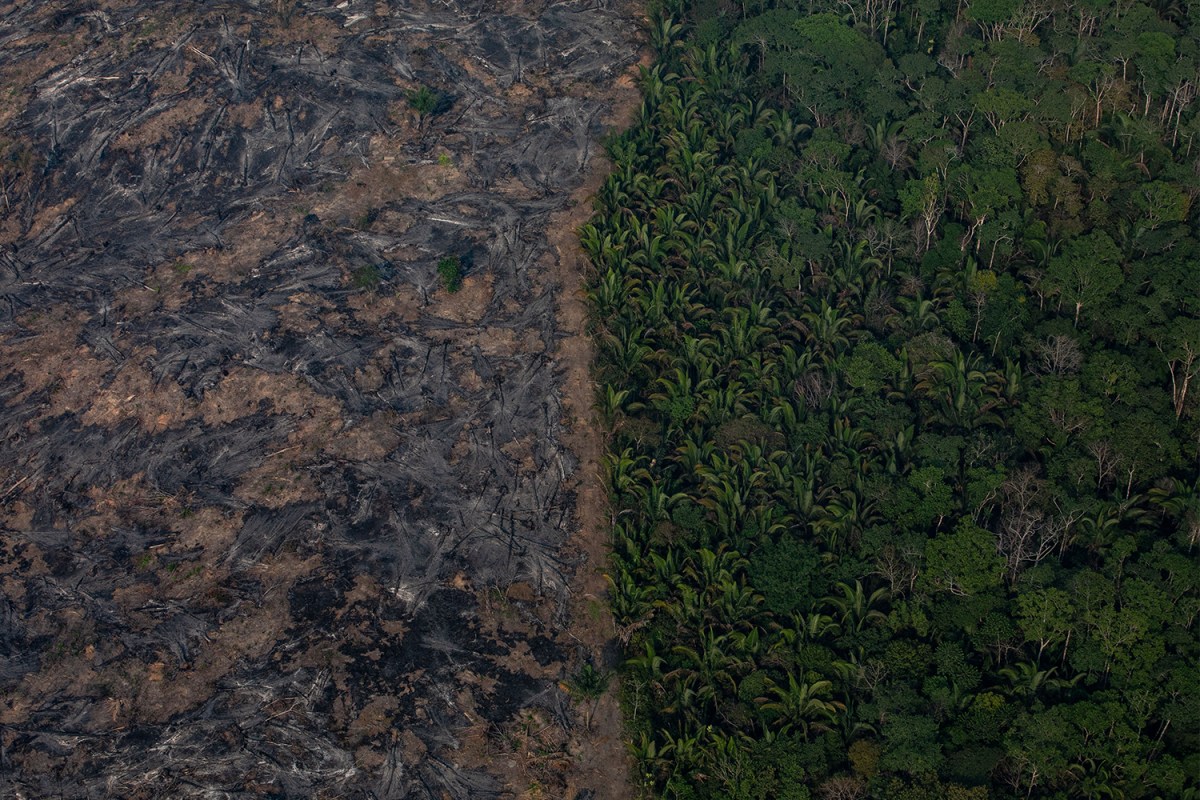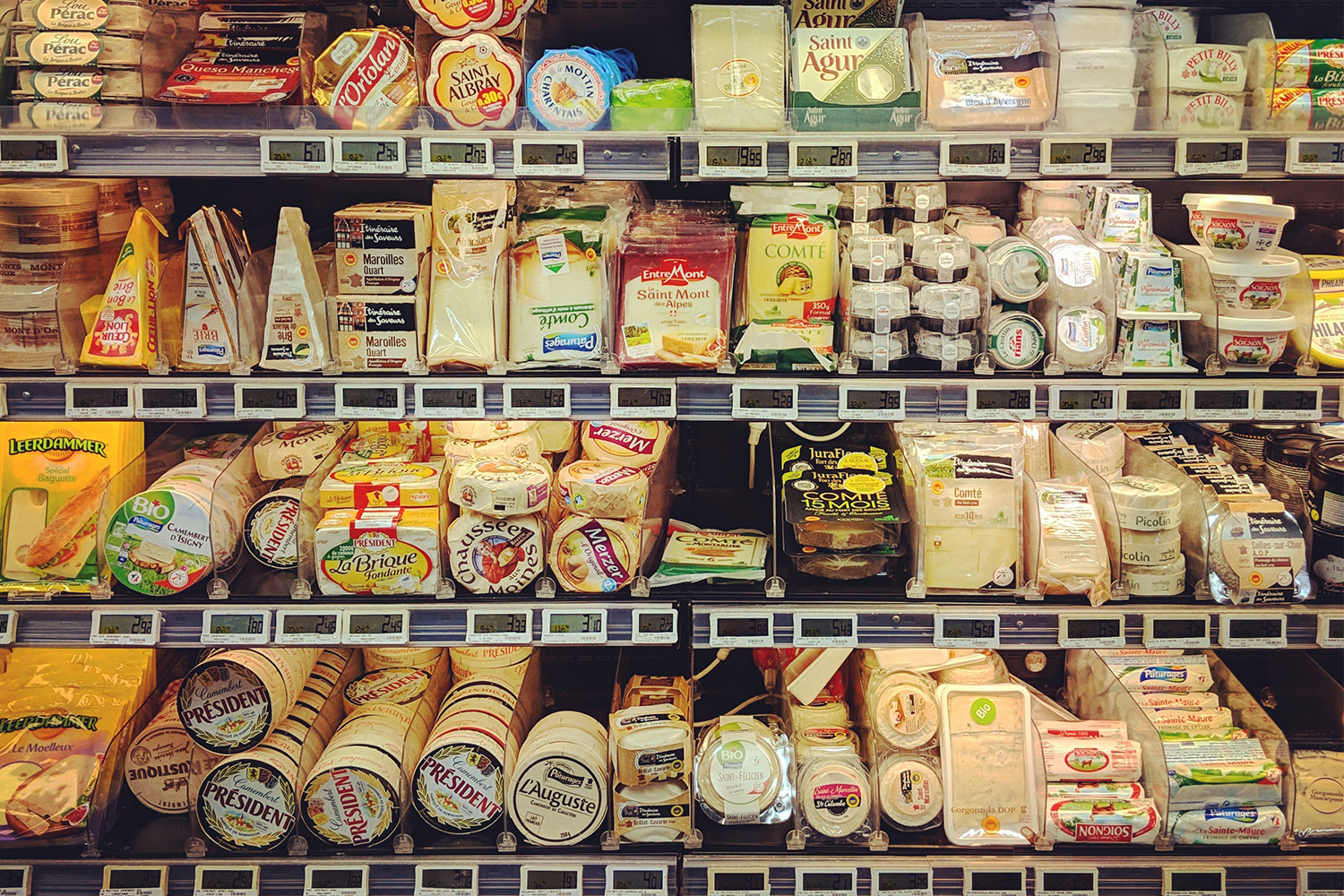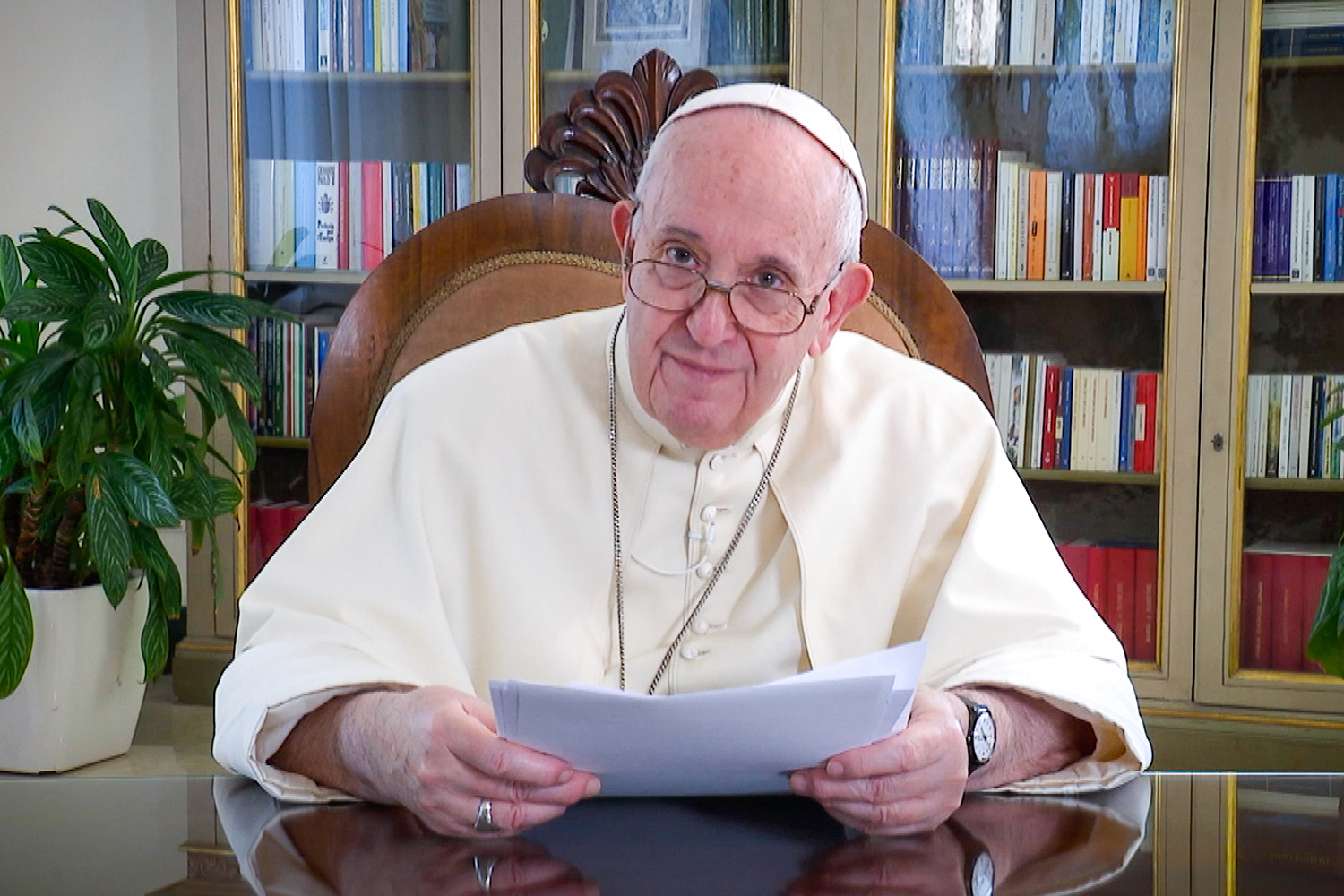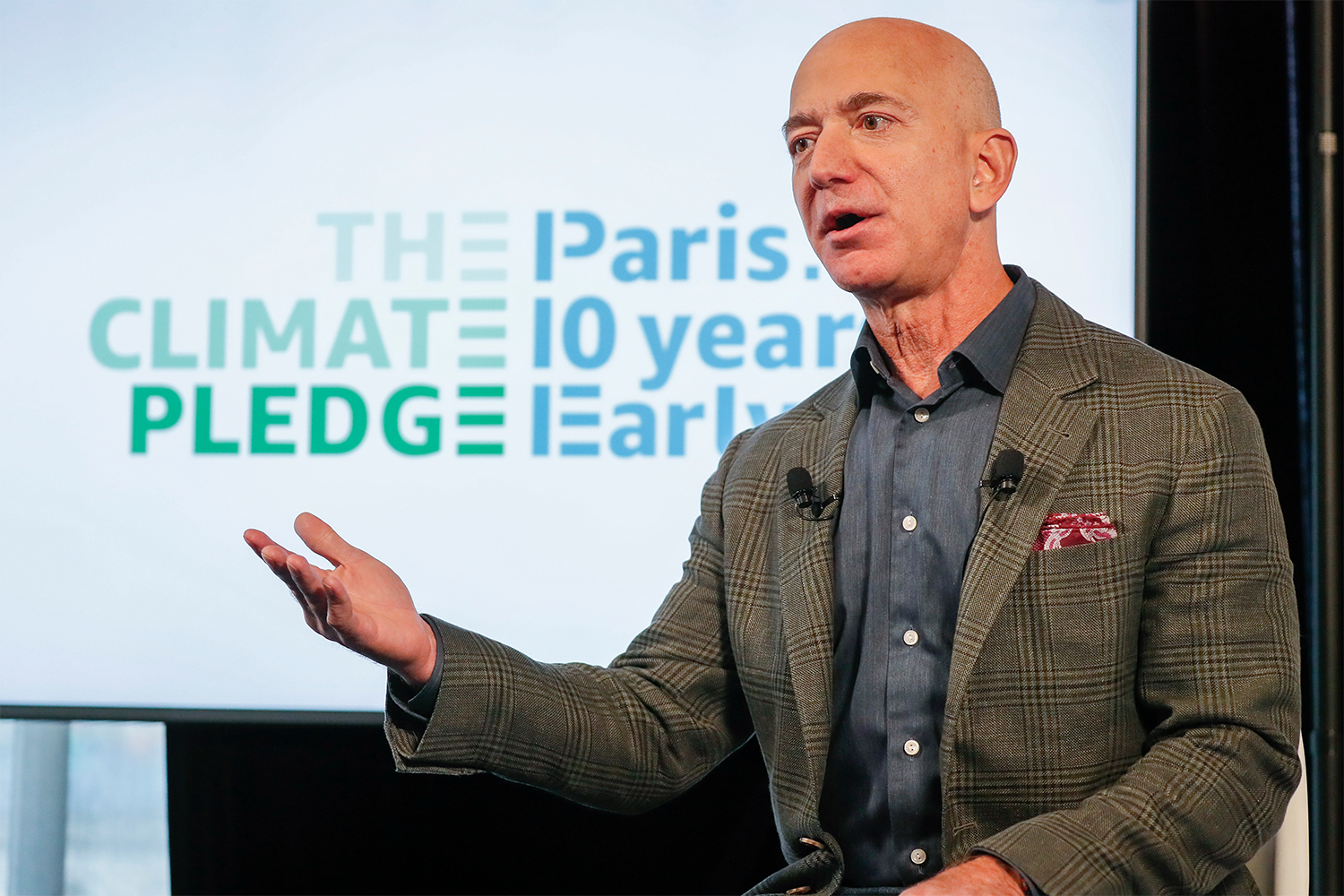It was almost two years ago that viral photos and videos of the Amazon rainforest burning out of control spread like wildfire across social media. The shocking images of previously untouched landscape going up in smoke, in swaths too large to comprehend, renewed calls around the globe for action on deforestation, as well as the larger issue, climate change. Newspapers printed the blazes on front pages, celebrities rallied their followers, and, for a brief moment, it seemed there was enough pressure that the Brazilian government would be compelled to do something about it.
Yet, a social-media fueled campaign can only be sustained for so long. Two years later, our collective consciousness is pointed in other directions, but according to new, exhaustive reporting from Jessica Brice and Michael Smith at Bloomberg Businessweek, not only is the Amazon rainforest still in crisis mode, it’s now “approaching a point of no return.”
“Roughly 10,500 square kilometers of rainforest were destroyed in the first six months of 2021, on course to eclipse 2020’s 11-year high,” they write. “A study released in July by Brazil’s National Institute for Space Research shows that parts of the Amazon where the burns are the worst have flipped into net carbon emitters, contributing to climate change rather than helping to limit it.”
The cause of the rapid deforestation in one of the world’s most important ecosystems, tied up in the survival of the human species, is not due to wildfires that spring out of nowhere (not that that was the case in 2019), but a broad effort by the Brazilian government “to open up the Amazon to privatization and development — first by turning a blind eye as public and protected lands are raided and cleared, and then by systematically pardoning the people responsible and granting them legal title to the stolen lands,” according to Brice and Smith.
President Jair Bolsonaro is the unabashed leader of this effort, hoping to increase the financial power of his country by exploiting the resources of the rainforest. But as the extensive reporting at Bloomberg explains, it’s not so black and white, with Bolsonaro and illegal land grabbers the villains and park rangers and environmental activists the heroes (though the latter two groups are certainly worthy of praise). In Brazil, 30% of people live in poverty, and that is a driving factor in deforestation, which opens up land for cattle ranchers and farmers. But while solving poverty is a noble cause, there’s also something more nefarious afoot.
“Environmental-crime prosecutors now describe a fraud that turns poor Brazilians into foot soldiers for criminal gangs, logging companies, and industrial farming operations,” Bloomberg reports.
The story is worth a read in its entirety, but the takeaway is clear: viral videos of raging wildfires are easy to share and condemn, but the full picture of the deforestation today is even more critical for people around the world to understand. If nothing is done to save the rainforest from its quickening destruction, it will, according to Bloomberg, “become a savanna rather than a rainforest” and “pump greenhouse gases into the atmosphere instead of pulling them down.”
Thanks for reading InsideHook. Sign up for our daily newsletter and be in the know.


















